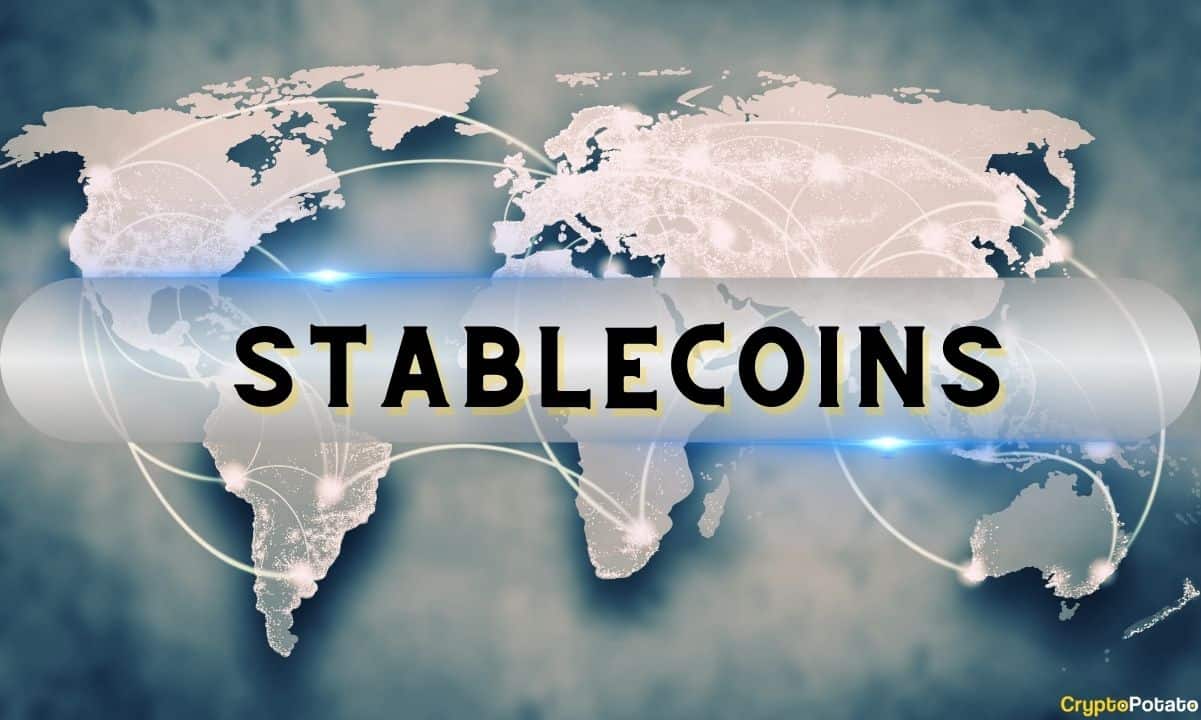Coinbase (NASDAQ: COIN) and Gemini, two of the largest digital asset exchanges in the world, look set to be granted licenses to operate as Crypto Asset Service providers (CASPs) in the European Union, under the bloc’s Markets in Crypto-Assets (MiCA) regulation, according to a report by Reuters.
The June 16 report stated that Gemini, founded by Tyler and Cameron Winklevoss, is on the verge of receiving a license to operate from Malta, while Coinbase, the third-largest digital asset exchange by trading volume, is rumored to be in line for a license from Luxembourg.
Despite the MiCA rules being uniform for every country across the EU, with the European Securities and Markets Authority (ESMA) setting guidelines and best practices for member state regulators to follow, the actual enforcement of the regulations is left to the ‘relevant national competent authority’ (NCA) of each nation.
According to the Reuters report—which cited “sources familiar with the matter” who wanted to remain anonymous—concerns have been raised in “closed-door meetings” about the speed with which some licenses are being granted by certain regulators and the rigor with which they will enforce the MiCA rules.
MiCA license
The full MiCA provisions for CASPs came into force at the beginning of January. This included a mandate that CASPs must obtain a license from an NCA (i.e. a national regulator), in order to offer digital asset services within the EU and European Economic Area (EEA).
Thanks to the ‘passporting’ feature of the regulation, a license issued by any member state’s regulator allows the licensee (the CASP) to operate throughout the EEA, which includes every country in the 27-nation bloc, in addition to Iceland, Liechtenstein, and Norway.
On January 27—a few short weeks after MiCA’s CASPs provisions came into force—OKX and Crypto.com both announced themselves as being the first global exchange to secure a MiCA license. It’s unclear which one actually was first, as they both claimed the title on the same day. Both exchanges also chose Malta to be their route to a license, but neither mentioned in their respective announcements why they chose Malta.
In May, exchanges Bybit and Bitstamp, also obtained licenses; the former from Austria, and the latter became the first exchange to be granted a license by Luxembourg’s financial regulator, the Commission de Surveillance du Secteur Financier (CSSF).
Now, it appears Gemini and Coinbase are poised to join the club, with Malta and Luxembourg once again the countries of choice.
Concerns of uneven enforcement
The pace of these approvals, particularly those of Malta’s regulator, the Malta Financial Services Authority (MFSA), has apparently raised eyebrows amongst other national authorities.
According to the report, a “senior regulatory official”—who also didn’t want to be identified—told Reuters they had concerns about accepting licenses granted in countries where regulators had fewer staff, citing Malta—the country that has given out the most MiCA licenses thus far—as one example.
If staff size and regulatory resources are of concern, then it makes sense that Malta and Luxembourg, the two smallest nations in the EU by both population size and land area, may be on the thinner end of the spectrum.
These reported concerns also come at a time when the EU’s top finance sector regulator, ESMA, is pushing for more power to become a Europe-wide version of the U.S. Securities and Exchange Commission (SEC).
In September of last year, Mario Draghi, former European Central Bank (ECB) president, produced a report for the European Commission with his recommendations for the future of European competitiveness. In it, he proposed, as one of his key pillars, the creation of a U.S.-style ‘European Security Exchange Commission,’ with ESMA the logical body best suited to take on the role.
“ESMA should transition from a body that coordinates national regulators into the single common regulator for all EU security markets,” said Draghi.
This idea has met with some support from leading national regulators within the bloc. In March, Marie-Anne Barbat-Layani, chair of the top French finance watchdog, told Bloomberg that it was “ready to relinquish” some of its national powers and transfer them to ESMA.
ESMA is yet to comment on the speed and rigor of the Malta and Luxembourg approvals, including the potential licenses for Gemini and Coinbase, but it has made clear that it will be monitoring how national regulators enforce the MiCA framework as part of its mandate to promote consistent supervision and enforcement practices for EU markets.
Watch: Teranode is the digital backbone of Bitcoin

















 English (US) ·
English (US) ·